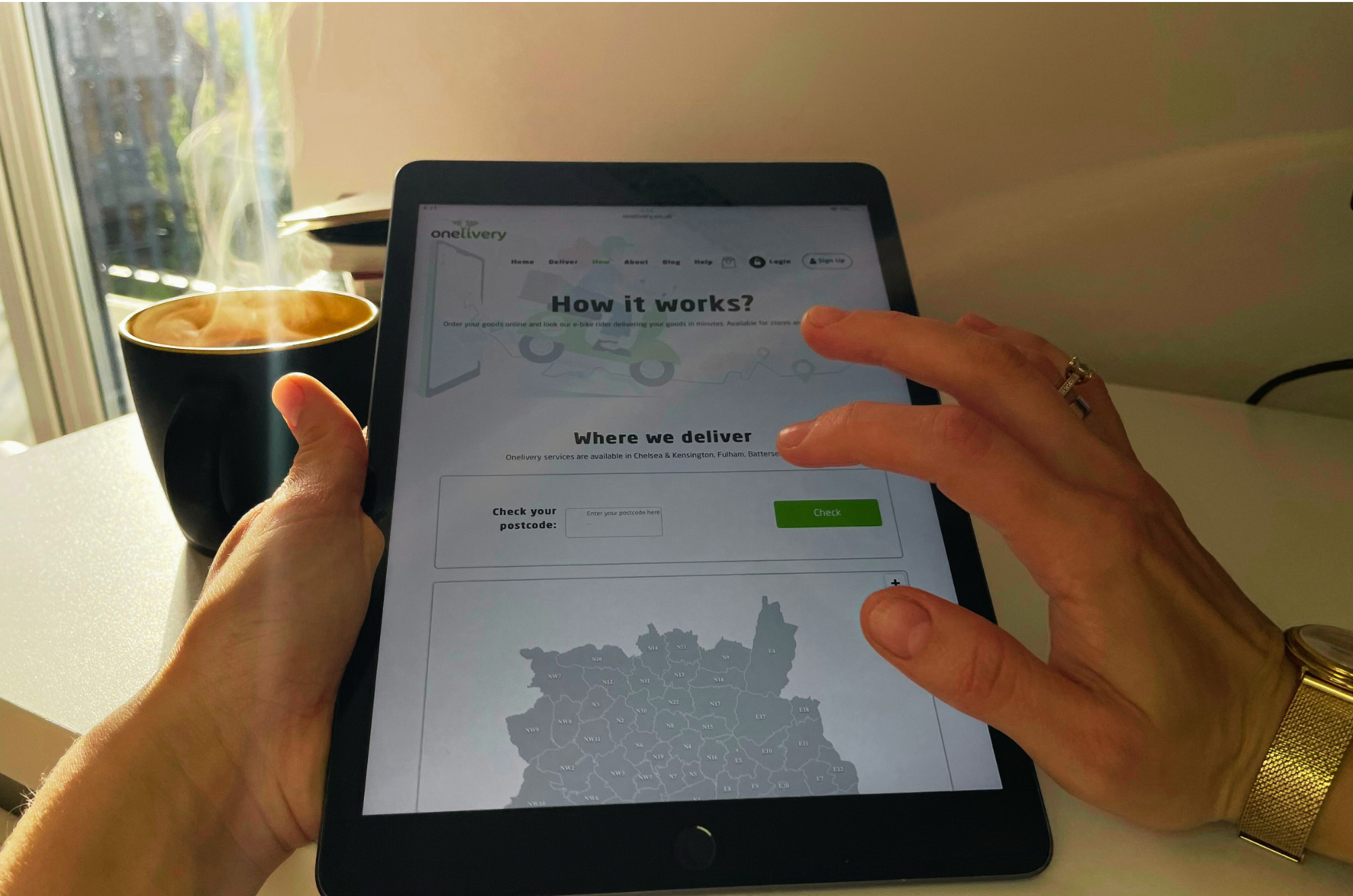Healthcare and sustainability might not seem like obvious partners, but in reality, they’re deeply connected. A healthier planet means healthier people, and the NHS has recognised this by taking significant steps towards becoming the world’s first net-zero health service. Over the past decade, it has been working to cut carbon emissions, rethink the way care is delivered, and reduce waste—all while keeping patients at the heart of everything.
A Decade of Change
The NHS’s commitment to sustainability didn’t happen overnight. In fact, efforts to reduce its environmental impact have been in motion for years. By 2014, carbon emissions had already dropped by 11% compared to 2007, thanks to changes in energy use, procurement, and waste management. Fast forward to 2020, and the NHS made a bold commitment: to reach net-zero emissions by 2040 for its direct emissions and by 2045 for its wider supply chain.
Energy, Waste, and Smarter Choices
Hospitals are huge energy consumers, and cutting emissions in such a vital service is no easy task. But progress is being made. Many NHS buildings have switched to renewable energy, installed solar panels, and upgraded heating systems to be more energy efficient. Reducing waste has also been a priority, with more hospitals focusing on reusing and recycling medical supplies where possible.
Behind the scenes, the NHS is also changing how it buys everything from syringes to surgical gloves. Suppliers now have to prove they’re taking sustainability seriously, ensuring that the entire healthcare system moves towards greener solutions.
Cleaner Transport and Digital Healthcare
With one of the largest vehicle fleets in the UK, transport has been a major focus. More NHS trusts are introducing electric ambulances, and many staff are using bikes or electric vehicles to get to work. Virtual consultations have also played a big role, helping reduce unnecessary travel for both patients and healthcare professionals.
Rethinking Medicines
A large portion of NHS emissions comes from medicines—particularly inhalers and anaesthetic gases. Over the past few years, patients have been encouraged to switch to lower-carbon inhalers, and hospitals have started capturing waste anaesthetic gases instead of releasing them into the atmosphere. These small changes add up, making a real difference.
What’s Next?
The NHS has made great strides, but the journey isn’t over. The goal is ambitious, and getting to net zero will require continued innovation, investment, and collaboration. But the progress so far proves that meaningful change is possible.
A greener NHS isn’t just good for the environment—it’s good for people, too. Cleaner air, less waste, and smarter healthcare choices all contribute to better public health. The past decade has laid the foundation for a more sustainable future, and with ongoing commitment, the NHS is well on its way to delivering a healthier planet for generations to come.









